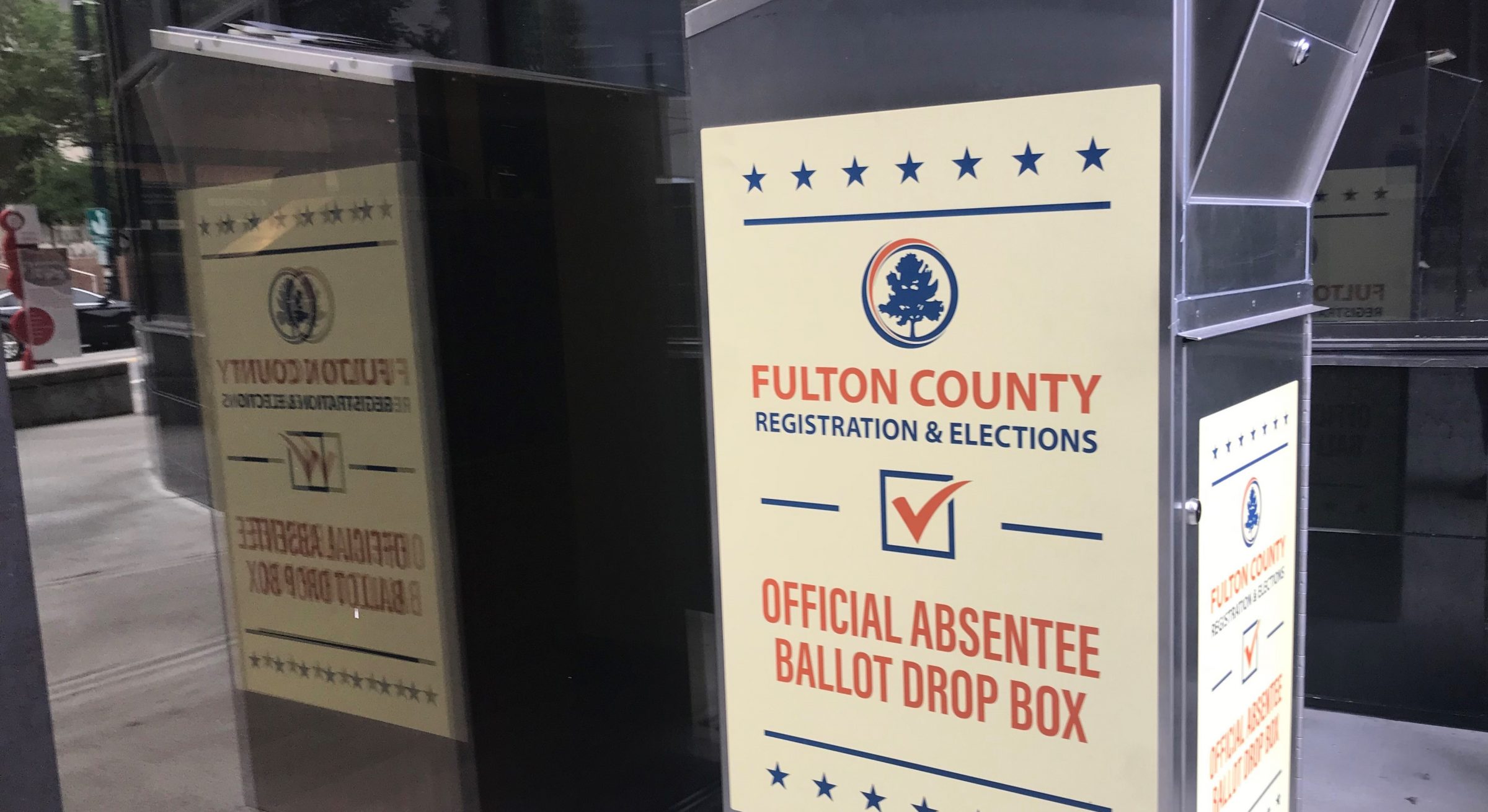Georgia Senate passes bill to discipline prosecutors

Georgia senators are backing a bill that would create a commission to discipline or remove prosecutors, which supporters say would provide a needed corrective for district attorneys who engage in misconduct.
The Senate voted 32-24 to pass Senate Bill 92 on Thursday, sending it to the House for more debate. The House is working on a similar bill, House Bill 231, which could be debated Monday.
Sen. Randy Robertson, the Cataula Republican sponsoring the bill, said it’s aimed at “somebody who says they can choose, not based on evidence, but on how they feel about their political leanings, who they can prosecute.”
Opponents, though, warn the commission could be used to void the will of voters or force prosecutors to pursue undesirable criminal charges.
Sen. Josh McLaurin, a Sandy Springs Democrat, said he has supported the concept at times, but fears the commission will be “twisted and turned into something else,” and that majority Republicans will “use a commission like this, potentially, to harass or put the fire under prosecutors of a certain party in certain urban areas that don’t align with what state government wants.”
The bills have been engulfed in racial and partisan conflict, with Fulton County District Attorney Fani Willis telling the Senate Judiciary Committee last month that white Republican lawmakers are targeting Black and Hispanic Democratic prosecutors. Willis is investigating former President Donald Trump and prosecuting rapper Young Thug.
The effort was born from frustrations involving a white Republican prosecutor that roiled his home county. Dick Donovan, once district attorney in Paulding County, pleaded guilty to one count of unprofessional conduct and resigned in 2022 after he was indicted for bribery related to sexual harassment claims.
The torch has been taken up by Republicans who are worried about liberal-leaning prosecutors, especially some who have declined to bring any charges for low-level marijuana possession. Among them are Deborah Gonzalez, district attorney for Athens-Clarke and Oconee counties, who has also been attacked as incompetent.
“What do we do about these prosecutors who won’t prosecute?” asked Sen. Ed Setzler, an Acworth Republican.
The bills say a prosecutor can be disciplined or removed if they “categorically (refuse) to prosecute any offense or offenses of which he or she is required by law to prosecute.”
Supporters of the bill say that will prevent prosecutors from picking and choosing which laws to enforce. Sen. Bill Cowsert, an Athens Republican, asked what else lawmakers could do to force prosecutors to comply with the will of the General Assembly.
“We’re talking about local officials that are enforcing state laws that we pass,” Cowsert said.
Lawmakers could impeach and try prosecutors who run amok, but supporters argue that process is so cumbersome that it hasn’t been used in more than 50 years. Opponents say the State Bar of Georgia can discipline prosecutors for misconduct and Attorney General Chris Carr could indict them for crimes.
Under the Senate bill, the commission could investigate complaints and discipline or remove a prosecutor, with appeals allowed to the state Supreme Court. It would cover not only Georgia’s 50 district attorneys, but also solicitors general elected in some counties to prosecute cases in lower courts.
The governor, lieutenant governor, speaker of the House as well as the Senate and House would all get at least one appointment. In the Senate bill, all of the members of the oversight commission would be required to be lawyers, and most would be current or former prosecutors.
At least 20 district attorneys now say they support the proposal, arguing it won’t hurt a prosecutor’s ability to use discretion in which cases to bring. But others argue that being required to look at every case one by one would mean they would have to consider prosecuting sodomy, fornication and adultery cases. Laws barring those behaviors are still on the books but unenforced.








